Biogas antidote to deforestation
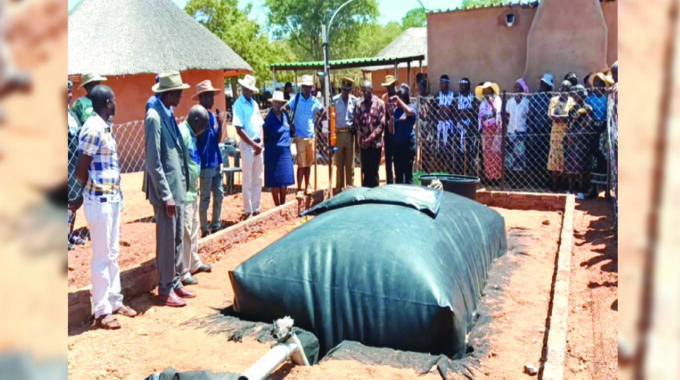
Leonard Ncube, [email protected]
A PROJECT to create biogas digesters in homesteads is being piloted at Chidobe community outside Victoria Falls in Matabeleland North, as part of efforts to reduce deforestation and counter climate change.
The scheme is also intended to lessen the burden for women and children, who currently have to travel long distances in search of firewood.
Local tour operator, Wild Horizons, initiated the empowerment project and has partnered with development groups to implement the programme, starting with traditional leaders’ homesteads at Chidobe ward under the Hwange Rural District Council.
They are hoping to eventually offer digesters to all the district’s homesteads.
Work is already underway to spread the model to villagers and eventually cover each homestead.
The major objective is to save forests, as use of biogas is expected to significantly reduce cutting down of trees for energy while also giving families enough time to focus on other activities.
A biogas digester is used to produce low pressure methane gas energy by decomposing cow dung and bio-degradable waste material. The raw gas is different from the Liquefied Petroleum (LP) that most consumers are used to, but can be used for domestic use such as cooking.
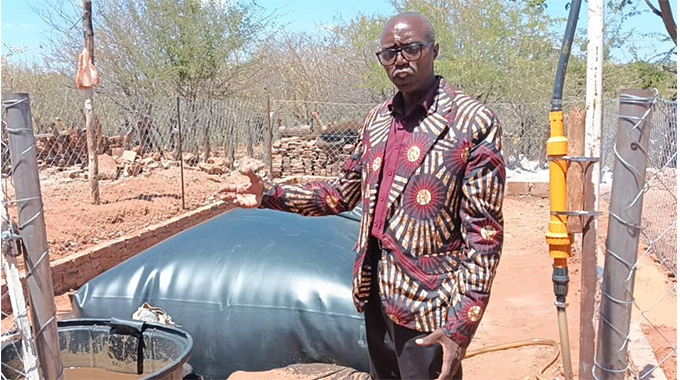
So far, biogas digesters have been installed at Headman Skinner Ndlovu, Acting Headman Carlos Ncube, Headman Jaheliduna Mpisi Ndlovu and village head Mr Reuben Ndebele. The installed models are eight cubic metre facilities with capacity to produce low pressure gas for use for about six hours a day and able to sustain a family of seven people.
Energy expert, Mr Marshal Takundwa, who is the technical manager at Lanforce Energy that is providing technical support, said bio-digesters are safe as the process ensures elimination of dangerous impurities such as hydrogen sulphide through a filter made of steel mash that is replaceable fortnightly.
Currently, experts say biogas cannot be filled into ordinary gas tanks as studies are still being done, but it can be kept in storage bags.
To set up a single biogas digester, one requires about US$1 500 and the four pilot projects cost a combined US$10 000, including training and maintenance, among other things.
A project launch was held at Headman Skinner Ndlovu’s homestead last week. Wild Horizons marketing manager, Mr Tichaona Tandi, said the project was a collaborative effort which buttresses Government’s drive to embrace innovation in championing green solutions for environmental sustainability.
“The installation of three biogas digesters by Barbara and Dennis Blue alongside an additional unit by Africa Inscribed represents a significant leap towards commitment to harnessing renewable energy sources,” he said.
“These biogas digesters are beacons of change and directly reduce deforestation and curb the global warming crisis that threatens our planet.
“By integrating these biogas digesters into our community, we are not just adhering to national guidelines, but setting a standard and that it’s possible to achieve economic development while preserving our environment.”
Headman Skinner Ndlovu said he was excited to be a pioneer beneficiary of the project.
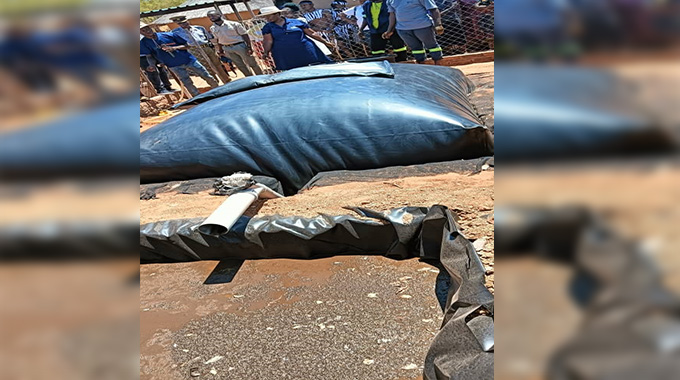
“On a daily basis we add three buckets of cow dung and six buckets of water and it digests to give us gas for cooking and manure as a by-product,” he said.
“The family is now able to cook in a short space of time. It is very efficient and we are happy that there will be no cutting down of trees for firewood. This is a donation by Wild Horizons. They started with me the headman and are moving to other traditional leaders as they cascade to the community.
“They will also target people with chronic diseases, the elderly and vulnerable. We are now able to do other things that we could not do well because of limited time as our wives spent time looking for firewood and cooking.”
His wife, Christine Vusile demonstrated how to use the biogas stove. Village head, Mrs Sara Ncube, from Chisuma said life has been made easier for her.
“We no longer have to wake up very early to go and fetch firewood to prepare for our children to go to school, as we now use gas. We are grateful to the people who brought this project,” she said.
Headman Ndebele’s wife said as an elderly woman aged 78, she had been struggling to fetch firewood for her family.
“With this concept, our lives have been uplifted. I am asthmatic, which needs me to drink warm water in the morning and with this, we will be safe in terms of our health,” she said.
Acting Chief Mvuthu, Mr Bishop Matata Sibanda, said renewable energy will help protect forests.
“We welcome this project as it will change people’s lives from walking long distances to using smart energy at home,” he said. —@ncubeleon

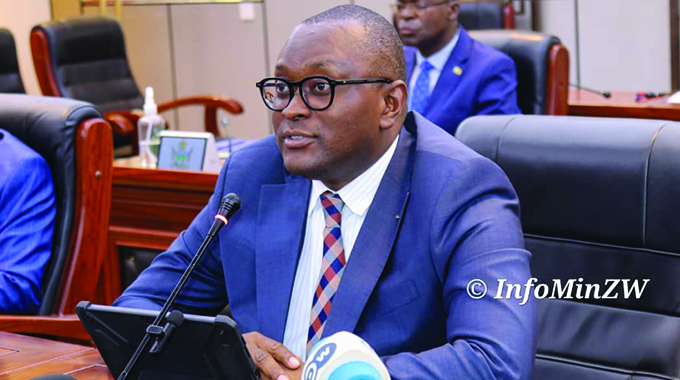
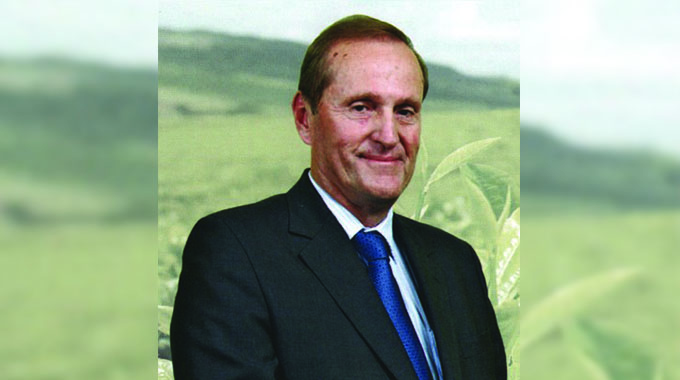

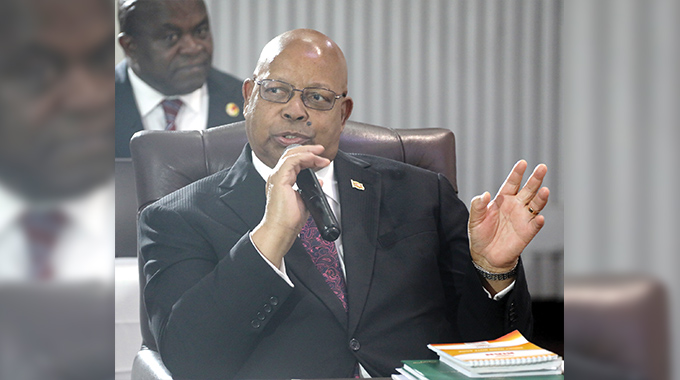
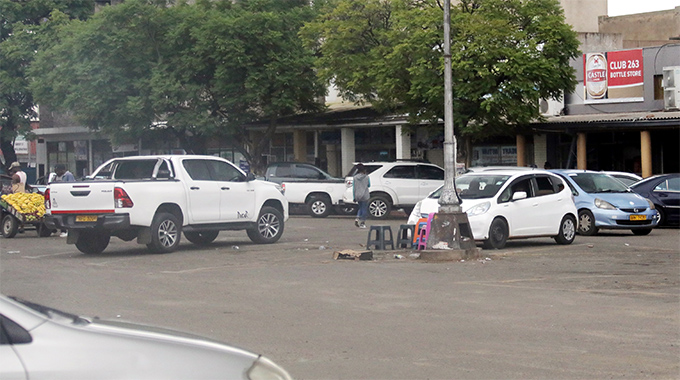






Comments